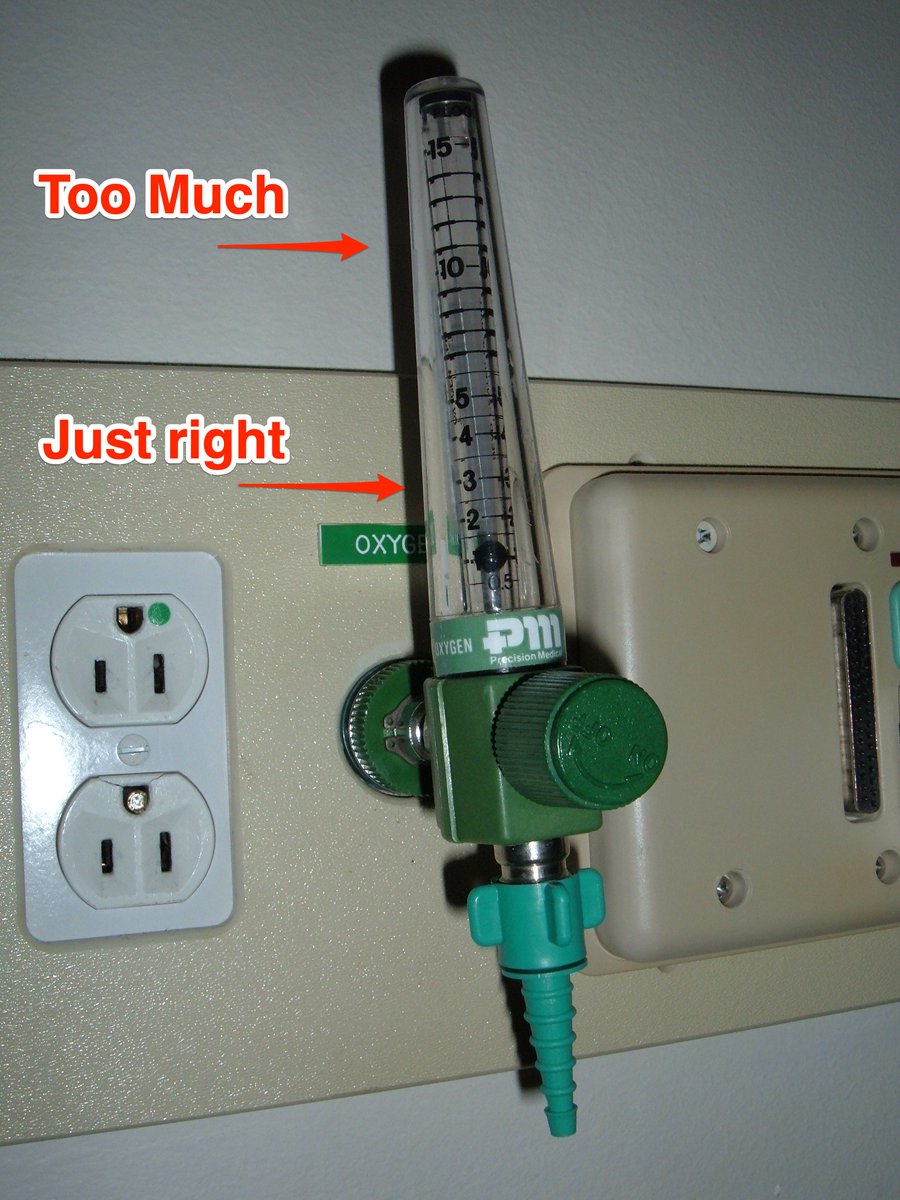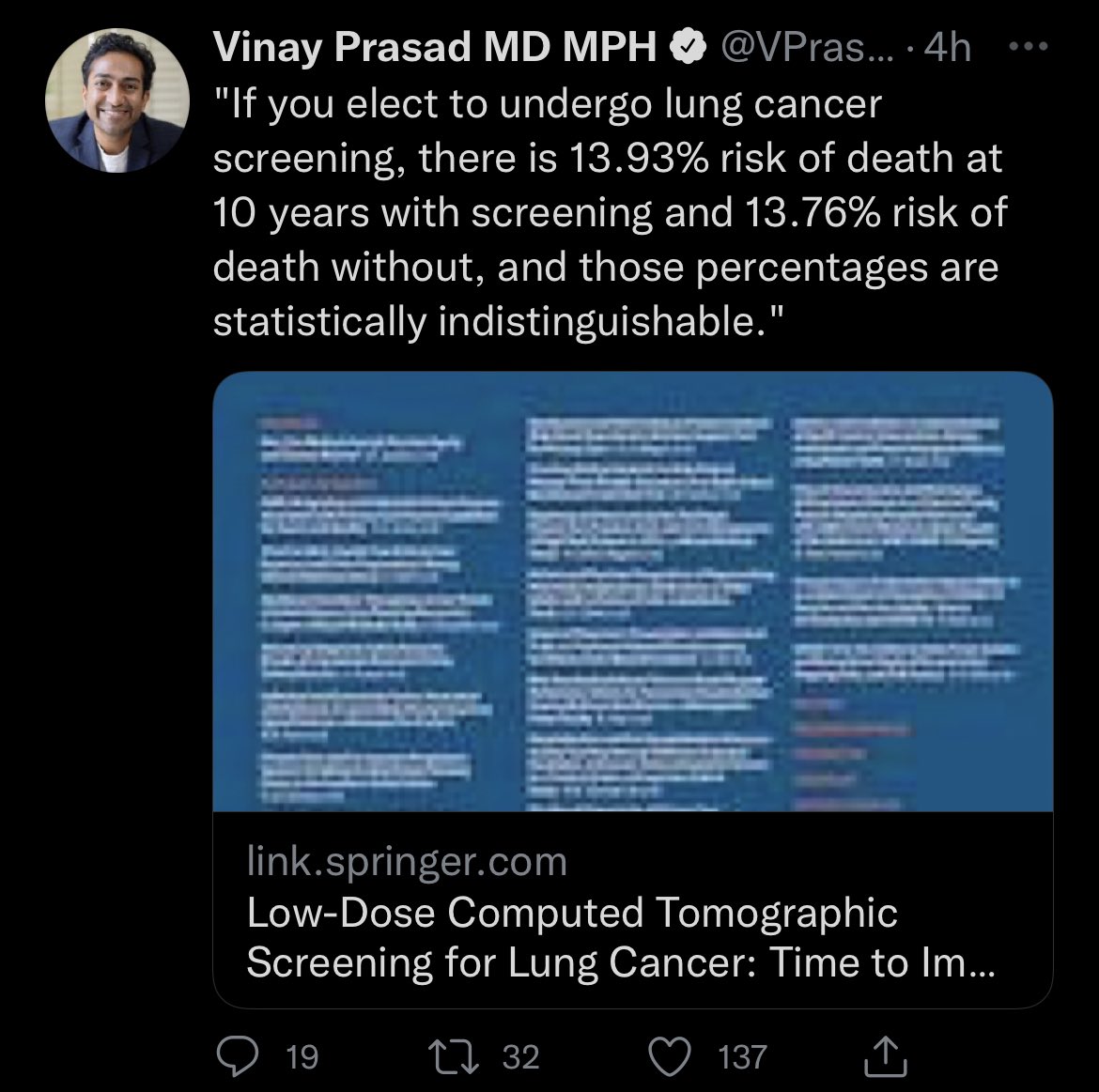
What is #MedMastodon & why might we need it?
A short thread explaining what it is & why I think it’s time to consider moving to a free, self-moderated medical community as a #MedTwitter alternative.
med-mastodon.com/web/home
1/
A short thread explaining what it is & why I think it’s time to consider moving to a free, self-moderated medical community as a #MedTwitter alternative.
med-mastodon.com/web/home
1/
Despite its flaws I think Twitter is a great platform for medicine/science.
It’s a fantastic way to follow breaking news & scientific pubs. It’s a great way to hear what brilliant people think. It can be an OK way to engage in debate.
I’m a better doc because of #MedTwitter
2/
It’s a fantastic way to follow breaking news & scientific pubs. It’s a great way to hear what brilliant people think. It can be an OK way to engage in debate.
I’m a better doc because of #MedTwitter
2/
Where else can you see the moment impactful research is published? Or hear the authors explain it & discuss with them?
Where else can you hear about the experience of colleagues around the world?
I’ve learned a lot and made some great friends IRL on here.
3/
Where else can you hear about the experience of colleagues around the world?
I’ve learned a lot and made some great friends IRL on here.
3/
But I worry about where this platform is headed.
In recent days, Hate speech has risen dramatically.
One researcher found an almost 100x increase in hate speech within days:
montclair.edu/school-of-comm…?
Docs, nurses, scientists, & others are often targets of this vitriol.
4/
In recent days, Hate speech has risen dramatically.
One researcher found an almost 100x increase in hate speech within days:
montclair.edu/school-of-comm…?
Docs, nurses, scientists, & others are often targets of this vitriol.
4/

Health misinformation is also on the rise & @Twitter seems ill-equipped & unmotivated to address it.
washingtonpost.com/technology/202…
Many of those who oppose harmful medical misinformation have been threatened, doxxed, & harassed.
5/
washingtonpost.com/technology/202…
Many of those who oppose harmful medical misinformation have been threatened, doxxed, & harassed.
5/
In recent days some of the worst spreaders of misinformation have been welcomed back onto the platform.
These people weaponize their followers to harass critics of the pseudoscience they sell.
6/
These people weaponize their followers to harass critics of the pseudoscience they sell.
6/

Is this a momentary blip in a self correcting system or the beginning of an inexorable decline? I don’t know 🤷
I do know that what makes #MedTwitter so effective is the people not the platform that hosts it.
7/
I do know that what makes #MedTwitter so effective is the people not the platform that hosts it.
7/
That’s why I think we should explore a backup option for #MedTwitter on another platform.
Mastodon is one open-source alternative. Unlike twitter which is one monolithic platform, mastodon is many independent nodes. Each can define its own standards.
en.wikipedia.org/wiki/Mastodon_…
8/
Mastodon is one open-source alternative. Unlike twitter which is one monolithic platform, mastodon is many independent nodes. Each can define its own standards.
en.wikipedia.org/wiki/Mastodon_…
8/
Think of #medmastodon as a small town & #MedTwitter as a neighborhood in a big city.
In a small town it’s easier to have laws that reflect the values of the community. For example prohibiting hate speech & blatant health misinformation. Self moderation may be more responsive.
9/
In a small town it’s easier to have laws that reflect the values of the community. For example prohibiting hate speech & blatant health misinformation. Self moderation may be more responsive.
9/
Another advantage of mastodon is that each separate “instance” can connect to others. You can be part of #medmastodon but follow people in another instance.
To use the small town analogy, it’s easy to visit other towns.
10/
To use the small town analogy, it’s easy to visit other towns.
10/
Other than a community of peer medical professionals moderating our own content, there are a few clear advantages:
- you can edit
- up to 500 characters per “toot”
- it’s free
- no ads
11/
- you can edit
- up to 500 characters per “toot”
- it’s free
- no ads
11/
Will this be necessary? I hope not. But if Twitter becomes increasingly toxic I want an alternative.
Will it be perfect? Hell no. It’s buggy open source software! But it should provide most of what we need.
How to get started? Go to
med-mastodon.com/web/home
12/
Will it be perfect? Hell no. It’s buggy open source software! But it should provide most of what we need.
How to get started? Go to
med-mastodon.com/web/home
12/
• • •
Missing some Tweet in this thread? You can try to
force a refresh













